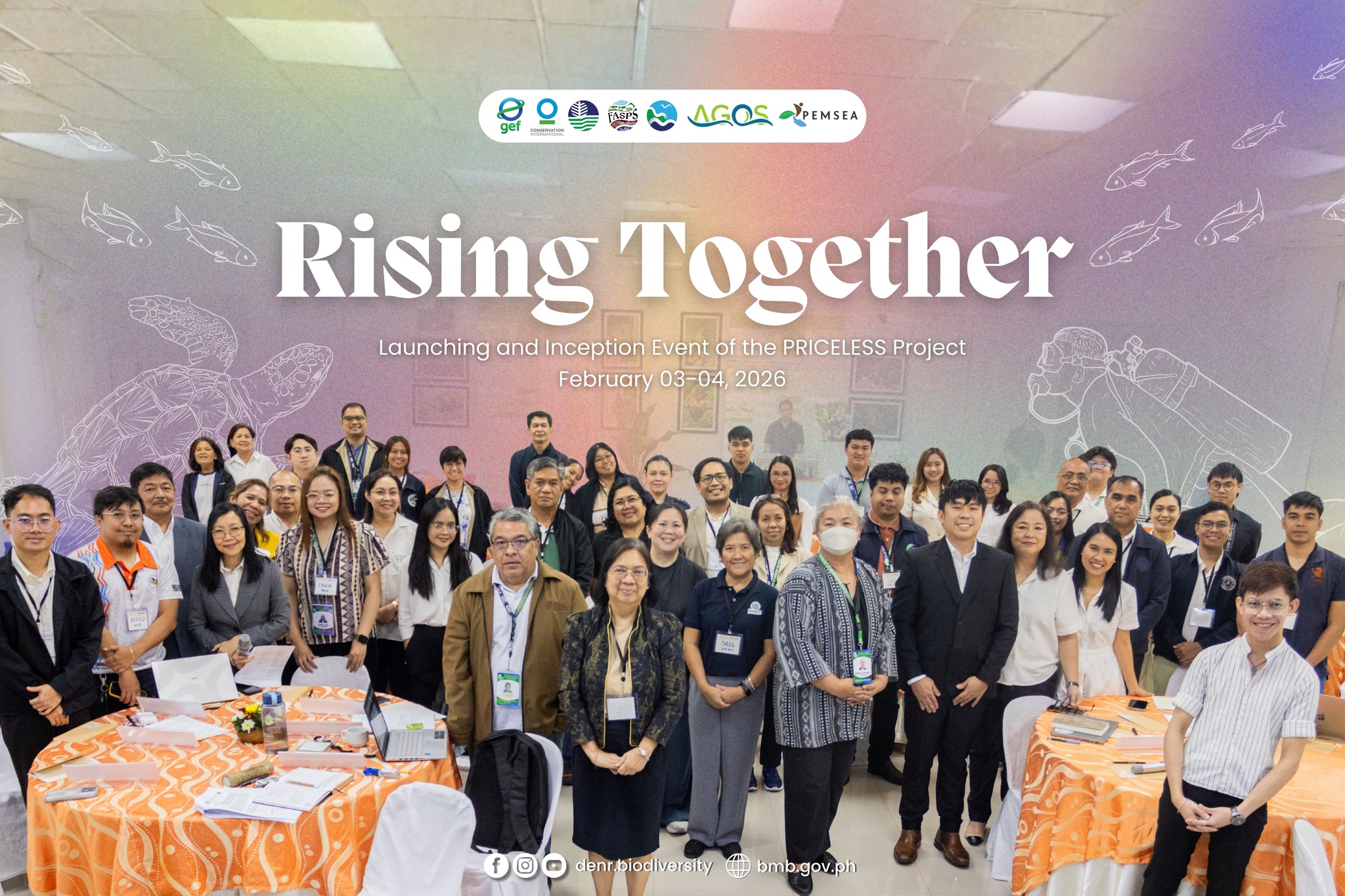ACB, Japan and UMS to Boost ASEAN Countries' Taxanomic on Corals
Friday, 3 December 2010

Laguna, Philippines — Taxonomy, which forms an important basis for biology and the protection of biodiversity, is in peril. The last few decades saw the discipline of taxonomy falling off the global political, funding, and academic agendas. To boost the ASEAN region’s taxonomic capacities and save the dying science of taxonomy, the ASEAN Centre for Biodiversity (ACB), in partnership with Japan’s Ministry of Environment, will conduct a series of training workshops that will enhance the capabilities of ASEAN+3 countries in the understanding and application of taxonomic knowledge in the context of sustainable biodiversity conservation and management. ASEAN+3 include the ten ASEAN Member States, Japan, China and Korea.
The workshops are part of a project on "Taxonomic Capacity Building and Governance for Conservation and Sustainable Use of Biodiversity" funded by the Japan-ASEAN Integration Fund. The first in the series will focus on corals taxonomy and will be held on December 4 to 8, 2010 in Penang, in cooperation with the University Sains Malaysia (UMS). Experts from the UMS, Kyoto University of Japan, and Phuket Marine Biological Centre will serve as resource persons.
The training workshop will introduce the participants to the general biology of reef-building corals; upgrade their skills on the methods of morphological observation; sample collection, processing and managing of corals; advanced taxonomic methodologies such as molecular techniques; photography of corals; and use of the Internet in corals taxonomy. The participants will have hands-on experience on museum collections management, cataloguing and storage.
The ASEAN region is home to 34 percent of the world's coral reefs. This richness, however, is increasingly at risk due to a number of culprits such as human activities and climate change. According to the UMS, the workshop, which will bring together young scientists to be involved in coral taxonomy from all over the region, is an important step towards the protection and conservation of man’s natural heritage – the corals reefs.
"Taxonomists, like many endangered species, are not increasing in numbers," Mr. Rodrigo U. Fuentes, executive director of ACB, said. "There is a dire need to revive interest in taxonomy. The diminishing status of this science and profession is crippling the ASEAN Member States' and other Asian countries’ capacity to effectively catalogue our biological resources. We are all aware that without knowledge and understanding of species, it would be difficult to plan and implement biodiversity conservation efforts."
Director Fuentes said people relate taxonomy to science only. "But we believe that taxonomy is one of the fundamental tools required by our global community to implement the Millennium Development Goals (MDG) and the development targets set by the World Summit for Sustainable Development. Without sufficient long-term investment in human resources, infrastructure, and information resources necessary to promote taxonomy, this gap could prevent implementation of sound and scientifically based sustainable environmental management and development policies. And we are all aware that development and environment that are not sustainable are a bane to poverty reduction and other MDG goals."
He added that the workshop supports the Programme of Work of the Global Taxonomy Initiative (GTI) of the Convention on Biological Diversity. The GTI was initiated primarily to remove impediments in the taxonomy profession, and to attract more students and professionals to go into taxonomy. The removal of taxonomic impediments to biological diversity conservation is crucial to maintaining nature's wealth in the ASEAN region. It has been pointed out that taxonomy is one of the major disciplines in biodiversity because, without it, species would not be able to be identified. Hence, a long-term capability development program was put in place to pursue collaboration, not only among the ASEAN Member States, but with Europe and other first world countries as well.
For more information on the workshop, log on to www.aseanbiodiversity.org or e-mail contact.us@aseanbiodiversity.org.




